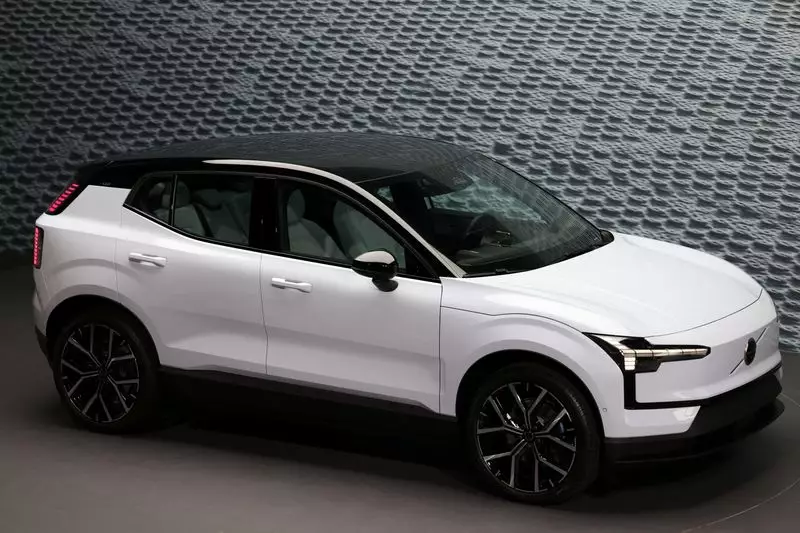Volvo Cars has made the strategic decision to relocate the production of Chinese-made electric vehicles to Belgium amidst concerns over potential tariffs imposed by the European Union. This move comes as the EU is expected to crack down on Beijing-subsidised imports, prompting Volvo to take preemptive action to avoid any negative ramifications. The decision to shift production of Volvo's EX30 and EX90 models to Belgium is a proactive measure aimed at mitigating the impact of potential tariffs on Chinese-built EVs bound for Europe.
According to reports, Volvo was contemplating halting sales of Chinese-built EVs in Europe if tariffs were imposed on such imports. However, the company has since dismissed the idea of suspending sales, as the relocation of production to Belgium is believed to address the issue without the need for such drastic measures. This demonstrates Volvo's proactive approach to navigating the changing trade landscape and ensuring a seamless supply chain for its electric vehicles.
In addition to shifting production for the European market, Volvo is also considering moving the manufacturing of certain models destined for the United Kingdom to Belgium. This indicates the broader impact of the EU's potential tariffs on Chinese imports, as automakers like Volvo are making strategic decisions to adapt to evolving trade dynamics. The shift in production locations underscores the need for flexibility and agility in the face of changing geopolitical circumstances.
The European Commission's investigation into whether fully-electric cars manufactured in China are receiving distortive subsidies highlights the broader concerns around fair trade practices. The probe, initiated last year and set to last up to 13 months, underscores the EU's commitment to ensuring a level playing field for all market players. The possibility of imposing anti-subsidy duties further underscores the EU's efforts to address concerns related to state-sponsored support for certain industries.
The strained relations between China and the EU, exacerbated by factors such as Beijing's alignment with Moscow following the Ukraine conflict, have undoubtedly influenced the EU's approach to trade policy. The EU's efforts to reduce its dependency on China for critical materials and products, particularly in the context of its green transition, reflect broader geopolitical considerations shaping trade dynamics. Volvo's decision to realign its production in response to evolving trade dynamics is emblematic of the wider shifts occurring in the global automotive industry.
Volvo's decision to relocate the production of its Chinese-made electric vehicles to Belgium in response to potential EU tariffs underscores the complexities of the modern trade landscape. As geopolitical dynamics continue to evolve, automakers like Volvo are faced with the challenge of navigating geopolitical uncertainties while ensuring the sustainability of their operations. The EU's investigation into subsidies and the broader implications for trade relations highlight the need for industry players to adapt to changing circumstances and proactively address emerging challenges in the global marketplace.

